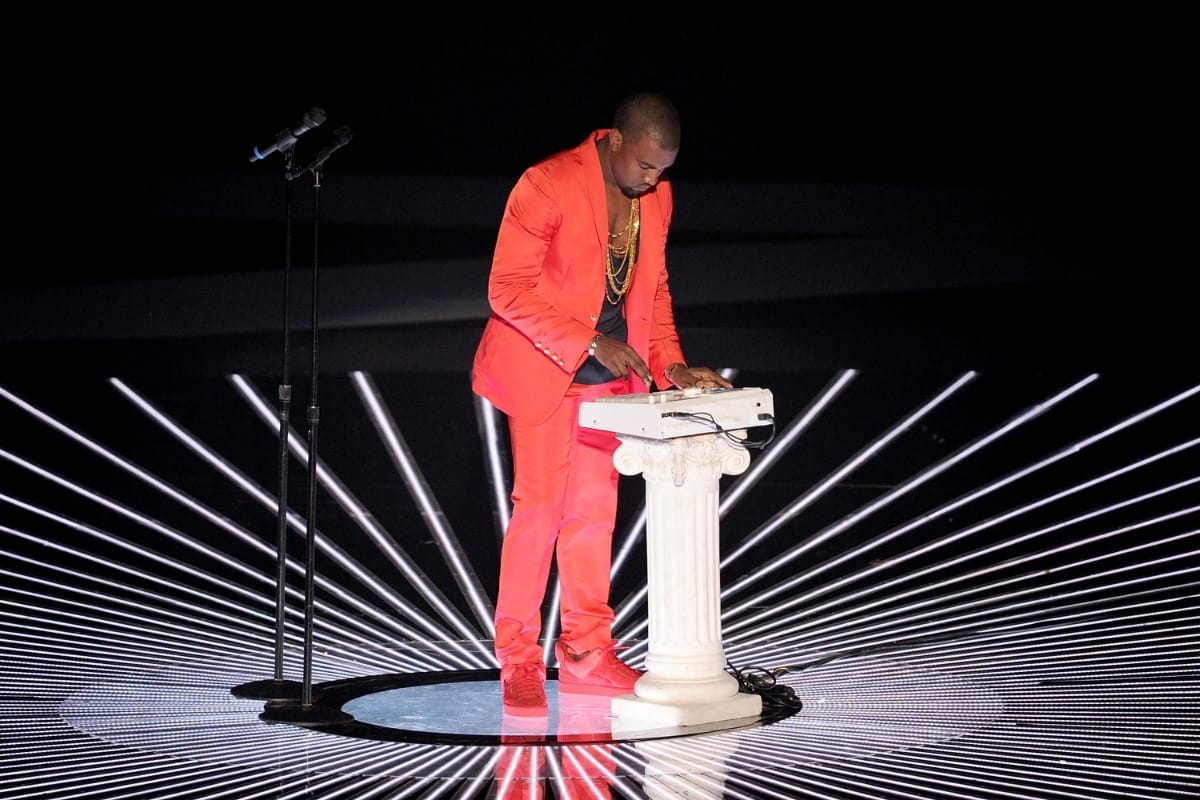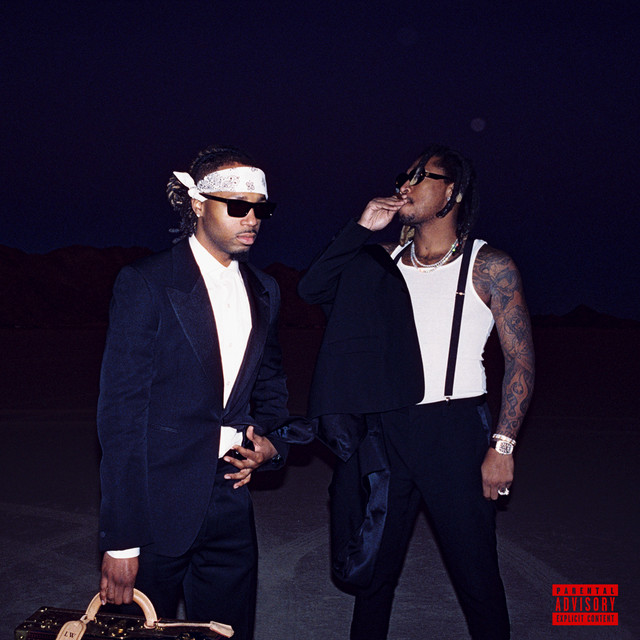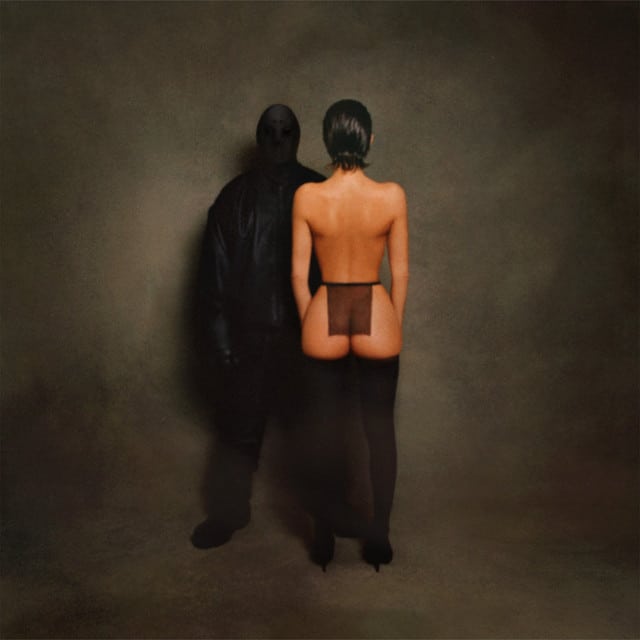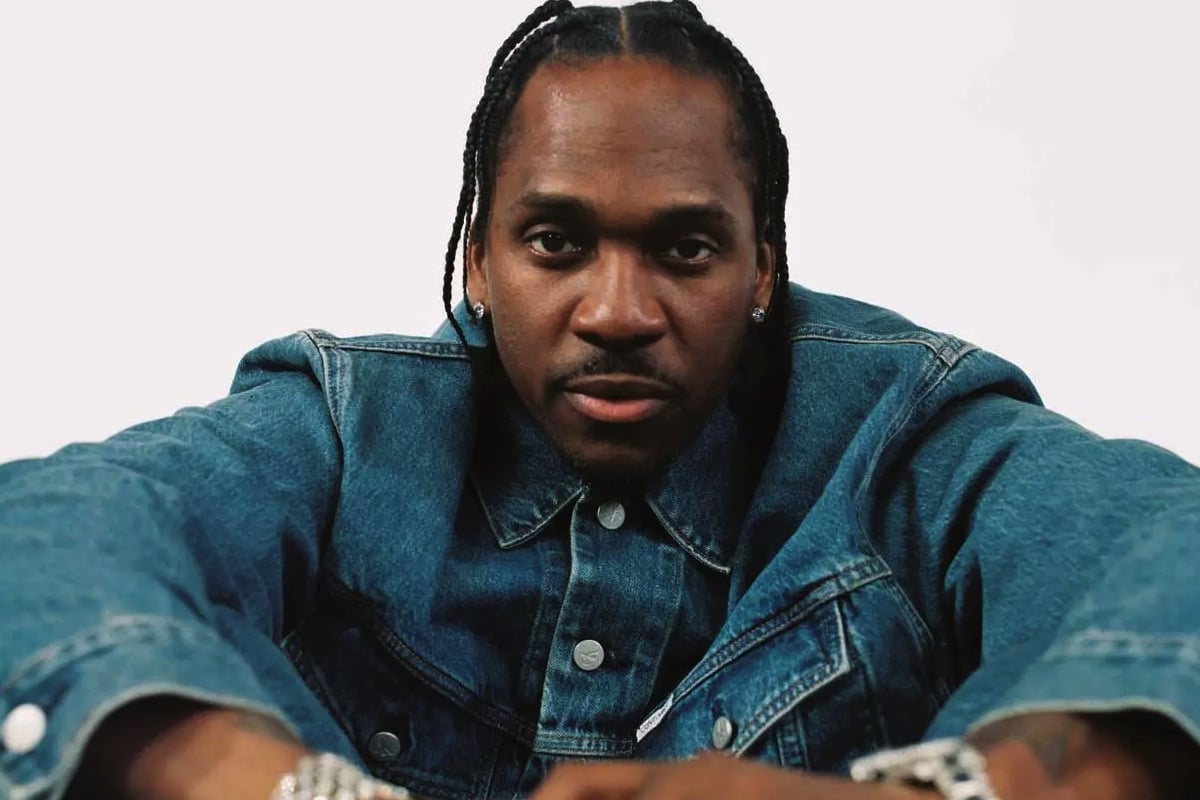In the vast landscape of hip-hop, few names have intrigued and eluded fans as much as Jay Electronica. Born Timothy Thedford, the New Orleans native rapper has always been more of a mythical figure than a conventional artist, his career characterized by infrequent yet captivating releases. His elusive nature has only added to the allure, with many of his fans having waited over a decade for his debut studio album, “A Written Testimony”, which finally arrived in March 2020.
However, let’s consider a different reality, a bold and tantalizing ‘what if’ — What if Jay Electronica had dropped his debut album not in 2020 but around 2010-2012, during the dawn of a transformative period for the genre? As we venture into this hypothetical journey, we’ll try to deconstruct the artist’s potential impact on the hip-hop scene of the time, examine how he would have contended with the industry’s heavyweights, and explore the ripple effects of such an early arrival on the decade to come. So, let’s rewind the clock and delve into this alternate timeline where Jay Electronica steps into the limelight sooner than we know.
Setting the Stage: The Hip-Hop Landscape of 2010-2012
To fully appreciate the alternate universe in which Jay Electronica’s debut album lands between 2010 and 2012, it’s essential to understand the hip-hop terrain of this period. This era was a turning point for the genre, caught in a tug of war between the dominant gangsta-rap themes and a new wave of introspective and socially conscious lyricism.
Titans like Jay-Z and Kanye West had firmly cemented their reign, with their collaborative album “Watch The Throne” setting new standards for high-profile partnerships in 2011. Simultaneously, new entrants like Drake and Kendrick Lamar were breaking the mold with their introspective style, and their focus on personal struggles over traditional machismo. The industry was also witnessing a digital revolution, with mixtapes giving artists a platform to reach fans directly, bypassing traditional gatekeepers.
Meanwhile, Jay Electronica was already an enigmatic figure. He’d turned heads in 2009 with “Exhibit C,” a track with a soulful beat and dense, thoughtful lyrics, and fans were eager for a full-length project. A debut during this period could have seen him ride the wave of new-school introspection while leveraging the digital era to maintain his elusive appeal. However, this reality remained unrealized, leaving a decade-long void filled only by speculation.
The Impact of an Early Arrival
Had Jay Electronica dropped his album in the early part of the decade, we might have witnessed an even more profound shift in hip-hop’s trajectory. At this time, artists were beginning to break away from formulaic tropes, making room for the likes of Jay’s philosophical lyricism and mystical aura. An early debut from Electronica would likely have accelerated this transformation.
Imagine an album steeped in the mysticism and societal commentary that was “Exhibit C” — it might have acted as a counterweight to the braggadocious anthems of the time, providing a deeper layer of introspection to the hip-hop discourse. Jay could have potentially spearheaded a shift towards more esoteric and conscious lyricism sooner, encouraging upcoming artists to follow suit.
Furthermore, this early arrival could have had ripple effects beyond music. Jay’s interest in the Nation of Islam and his affiliations with influential figures like Jay-Z would have positioned him as a bridge between hip-hop culture and larger social dialogues, possibly leading to a more immediate intersection of music and social commentary in hip-hop.
In an industry where timing is everything, a 2010-2012 debut could have set Jay Electronica as not just an influential figure but as a transformative force within the genre.
Jay Electronica vs. Contemporary Heavyweights
In the 2010-2012 period, the heavyweights of hip-hop were names like Kanye West, Drake, and Kendrick Lamar. Each brought their own flavor and contribution to the hip-hop canon, shifting paradigms and setting trends. Now, imagine adding Jay Electronica’s potent lyricism and distinctive style to that mix.
Had Jay dropped his debut album in this time frame, he would have been throwing his hat into the ring with some of the defining voices of 21st-century hip-hop. Against the backdrop of Kanye’s genre-bending ‘My Beautiful Dark Twisted Fantasy’, Drake’s introspective ‘Take Care’, and the nascent genius of Kendrick preparing to unleash ‘good kid, m.A.A.d city’, a Jay Electronica project could have added an intriguing dimension to this innovative era.
Jay’s potential face-off with these giants is not just about competition, but about the creative ferment it could have inspired. With his erudite references and unconventional narrative style, Jay would have presented a contrasting voice that might have challenged his contemporaries to push their creative boundaries even further.
Furthermore, this could have altered the dynamics of mainstream and underground hip-hop. Jay’s association with the influential Roc Nation, coupled with his avant-garde style, might have blurred these lines earlier, encouraging a more holistic appreciation of the genre.
The Ripple Effect on the New Decade
The repercussions of Jay Electronica dropping his album in the early 2010s could have had a profound influence on the course of the new decade. His non-traditional approach to storytelling, use of eclectic samples, and mystical lyricism could have offered an alternative blueprint for hip-hop creativity.
This potential scenario would have allowed Jay’s style to permeate the industry during its formative years in the 2010s. As a result, the later half of the decade might have seen a wave of artists drawing from the inspiration of Jay’s earlier debut, further diversifying the soundscape of hip-hop.
Moreover, a 2010-2012 release from Jay could have also redefined the trajectory of his own career. With his mystique intact but the long hiatus avoided, Jay might have established a steady, influential presence in the industry over the decade, rather than being the decade-long enigma he became.
An early release could also have implications on the relationship between hip-hop and social media. Jay’s notoriously elusive online presence contrasted the growing trend of rappers closely engaging with fans online. With an earlier release, Jay might have either adapted to this trend, changing his personal trajectory, or further solidified the viability of maintaining mystique in the social media era.
Lessons from the Actual Timeline
While the hypothetical scenario of an earlier Jay Electronica release paints an enticing picture, the actual timeline offers important insights as well. Jay’s 2020 release, “A Written Testimony”, may not have altered the course of hip-hop, but it did prove that an artist can maintain relevance despite an extended absence.
In fact, the mystique surrounding Jay’s creative process, his sporadic singles, and his decade-long hiatus only heightened the anticipation for his work. His absence from the limelight didn’t diminish his stature; it only magnified it.
The release of “A Written Testimony” also highlighted Jay’s unique position in hip-hop. In an era where the genre’s landscape is often influenced by youth and quick turnover, Jay, at 43 years old and after a decade of near-silence, delivered a debut album that was critically acclaimed. His tale serves as a reminder that there are multiple pathways to success in hip-hop, and traditional rules such as ‘striking while the iron is hot’ don’t necessarily apply to all artists.
The actual timeline also highlights Jay’s unique contribution to hip-hop. His esoteric style, spiritual overtones, and complex lyricism provide a refreshing contrast to mainstream trends, reaffirming that hip-hop is a diverse and expansive genre that can accommodate myriad styles and approaches.
Conclusion
Stepping back into reality, we must acknowledge that Jay Electronica’s unique path unfolded exactly as it was supposed to, with every twist and turn leading him right where he is today. If he had dropped his debut album during 2010-2012, the hip-hop landscape may have been altered, and we might have witnessed a different evolution of the genre in the 2010s. However, the timeline we have been gifted with has its own value, painted with the strokes of patience, anticipation, and mystique.
Despite the delay, Jay Electronica delivered a powerful debut album that resonated with many, proving that he still had a unique voice and vision to contribute to hip-hop. His journey underscores the power of artistic authenticity and reminds us that true artistry cannot be rushed or boxed into expected timelines. The “what if” scenario is enticing, but the reality is just as compelling, reminding us all that in hip-hop, just like life, it’s not about the destination, but the journey.








